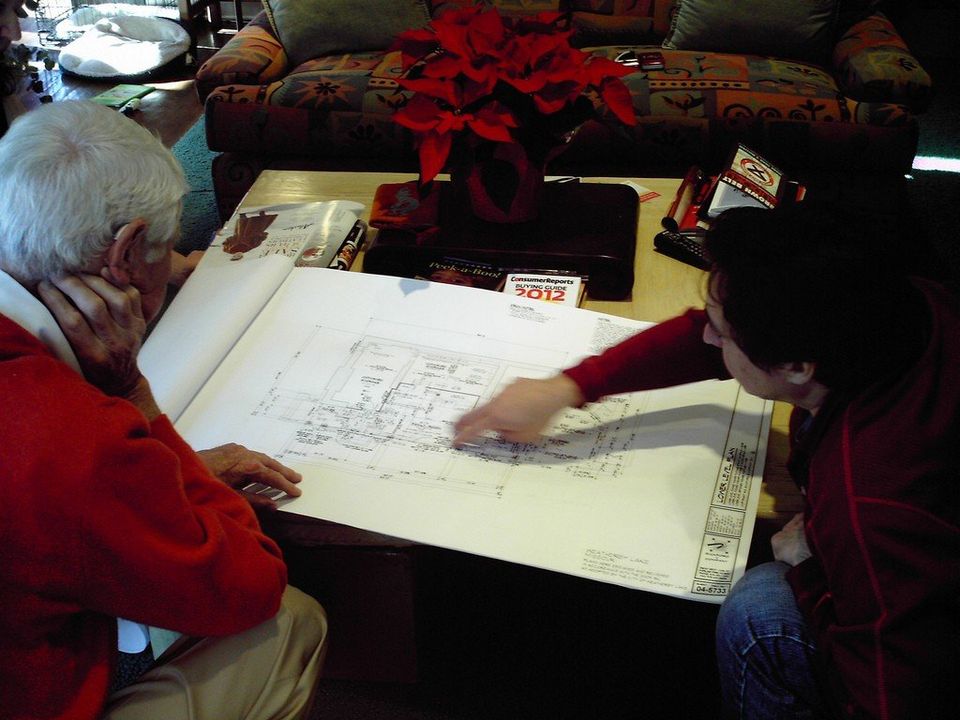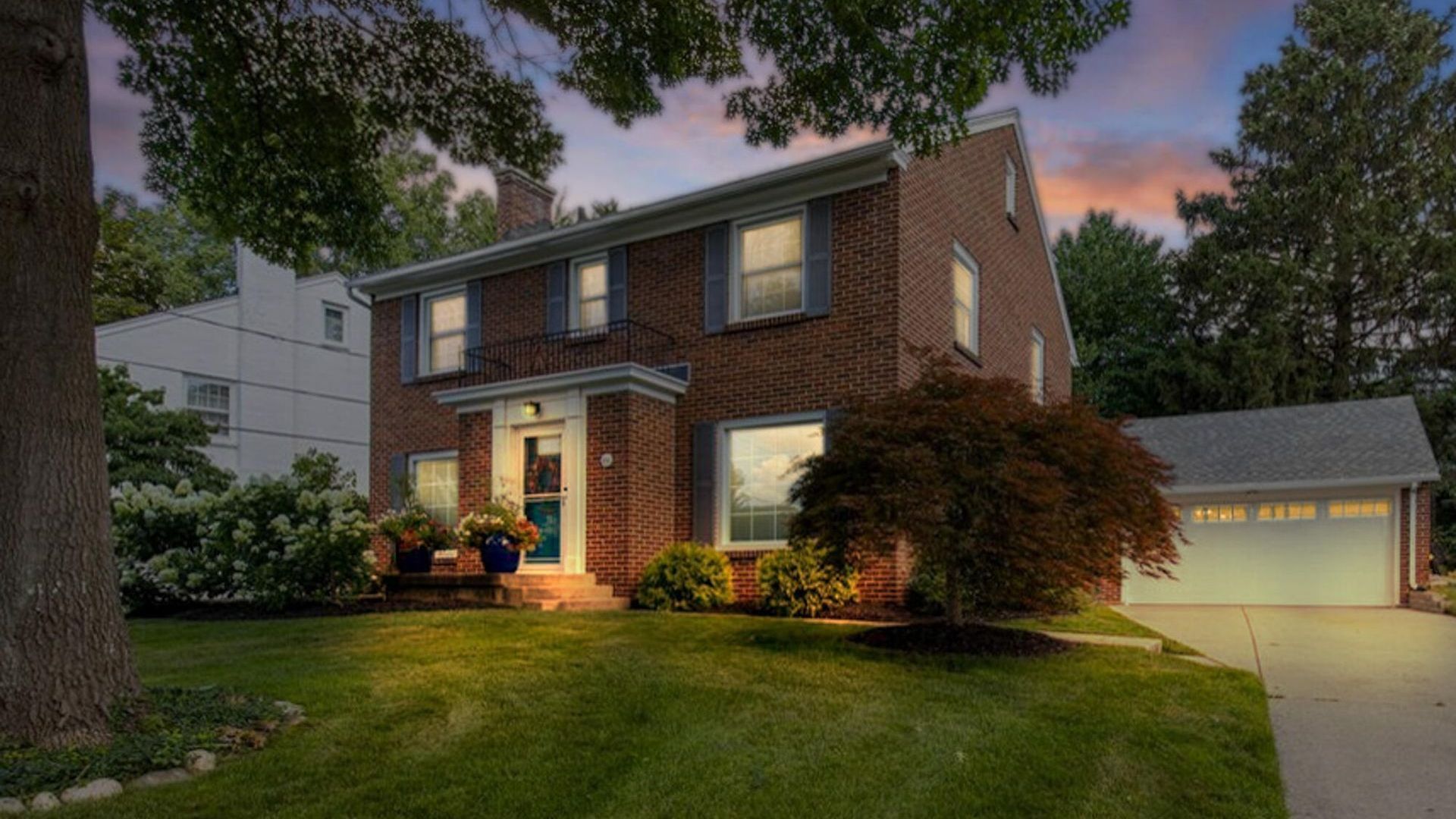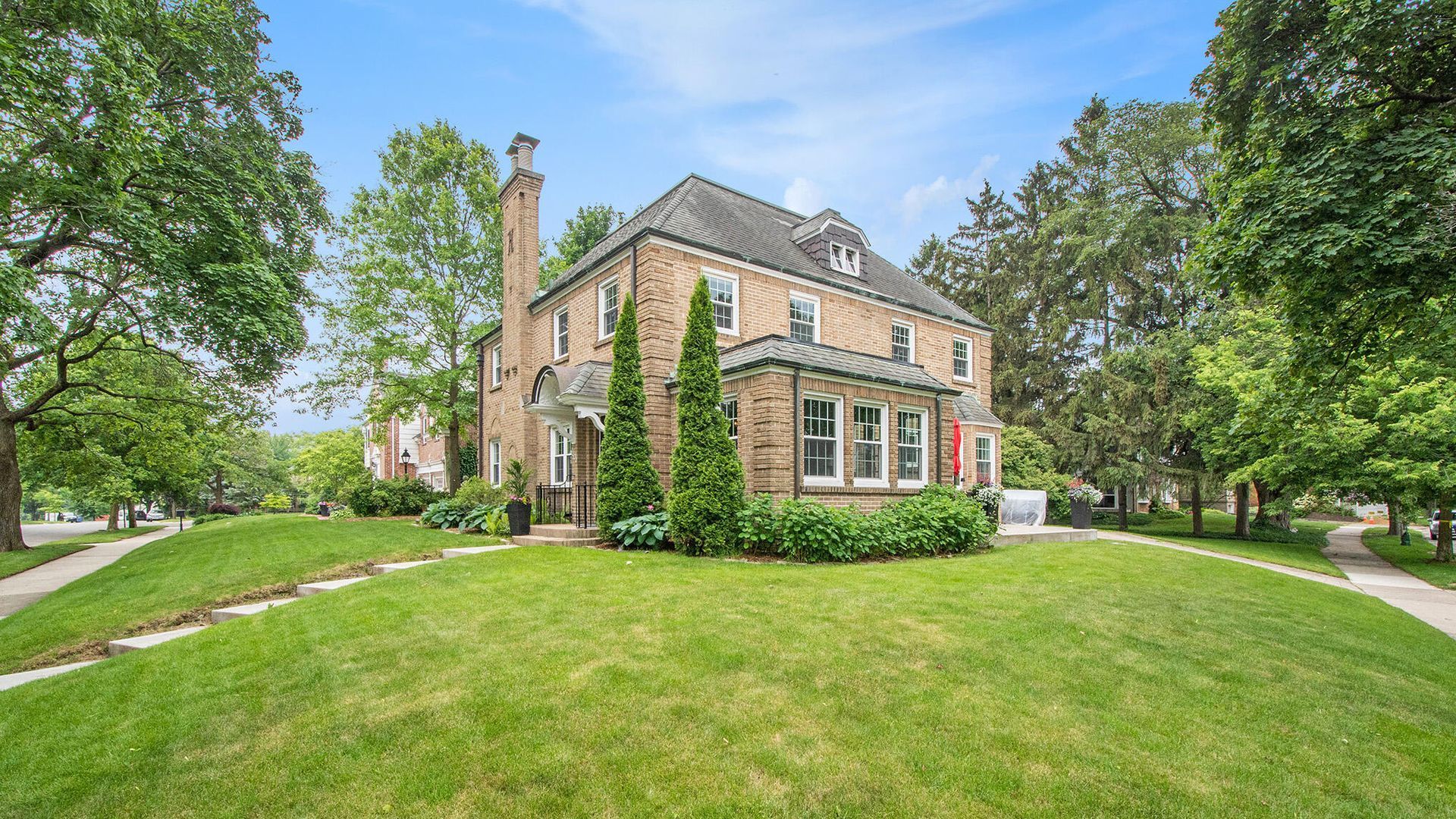Before You Plan Home Renovations
Whenever you’re buying or selling a home, it’s a good idea to make your Grand Rapids real estate agent privy to your home renovation dreams. Perhaps you’re planning to buy a new home that could use some updates, or getting ready to list your current home. Regardless, if home renovations are on the horizon, there are a couple of things to consider before you begin sketching the new layout.
Almost any Grand Rapids real estate agent will tell you, if you’re weighing major home maintenance tasks against value-enhancing renovations, that the first priority should be keeping the existing structure sound. After all, every home has components that require maintenance and (eventually) replacement. Thankfully, the life span of most major home components is usually last at least 10 years, and often much longer.
Before you move forward with a renovation project, assess the overall condition of the home and the status of all the basic systems. You may want to bring in a professional to assess some of the major components of the home, including:
- Roof. Roof life expectancy depends on several factors like the material, manufacturer, installation, and location. Materials like steel, clay tile, and slate can last up to 100 years, while standard 3-tab asphalt shingles average closer to 20 years. If you’re comfortable climbing on the roof, you can do your own inspection. Check the attic for leaks, look for missing, broken, or deformed shingles. You may need to ask a roofer for an inspection, which may reveal the need for repairs or, depending on age and condition, a roof replacement.
- Furnace. With regular filter changes, inspections, and maintenance, a furnace will generally last 15-25 years. A furnace inspection will help you determine the condition of the heating system, or you may notice signs of impending failure on your own, such as a furnace that produces uneven heating, extremely dry conditions when heat is running, or frequent maintenance.
- Air conditioning. The lifespan of a central air conditioning unit may run closer to 15 years, or even longer in Michigan. An A/C system may need replacement if you notice a burning or other unusual smell when it’s running, or when utility bills are increasing. When you replace an air conditioning unit, it’s usually a good idea to replace the furnace as well, if it's over 15 years old, because they usually share a blower. A newer, energy-efficient A/C may work better with a new blower.
- Plumbing and water systems . Tankless water heaters last more than 20 years, while an electric or gas water heater generally has a life expectancy of about 10 years.
- Wiring . Older homes may require updated wiring, for safety reasons. An electrician or home inspector should be able to help identify whether the electrical system is safe, up to code, and appropriate for the needs of the home.
- Siding . Although most types last 100 years or more, regular cleaning is necessary, and replacement may be required if the siding begins to rot or becomes infested by insects.
- Drainage . Look for damaged gutters, a wet basement, or an improperly sloped drainage system.
Most buyers have a limit on what they can spend for a house, and it’s hard to look past the need for a major upgrade to a basic system. Usually a home inspection will reveal whether a basic system needs to be upgraded. If all the basic systems are in good working condition, it may be easier to buy a home that needs a kitchen or bathroom upgrade.
A Grand Rapids real estate agent may be able to give you info before you spend your home improvement budget. At The Sprich Group, we can help you find professional inspectors, and we also have experience with qualified professionals who can help upgrade basic systems. If you’re thinking of renovating a home before you sell, or want an experienced realtor to help you find the right home that may require upgrades, contact The Sprich Group.
Photo: Robert Nunnally ( some rights reserved )











